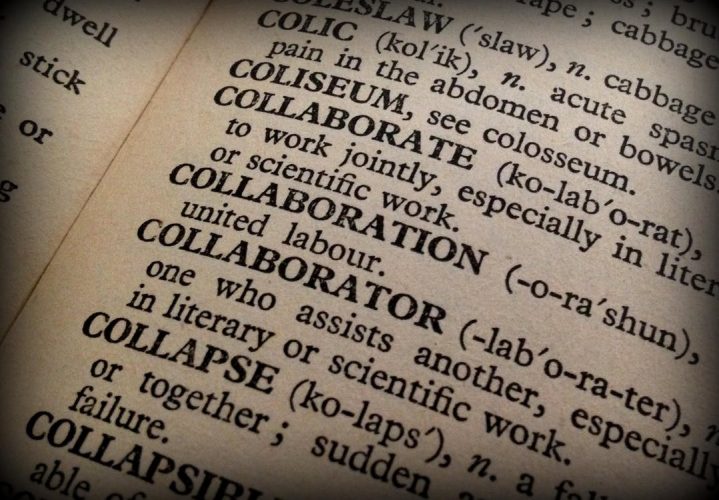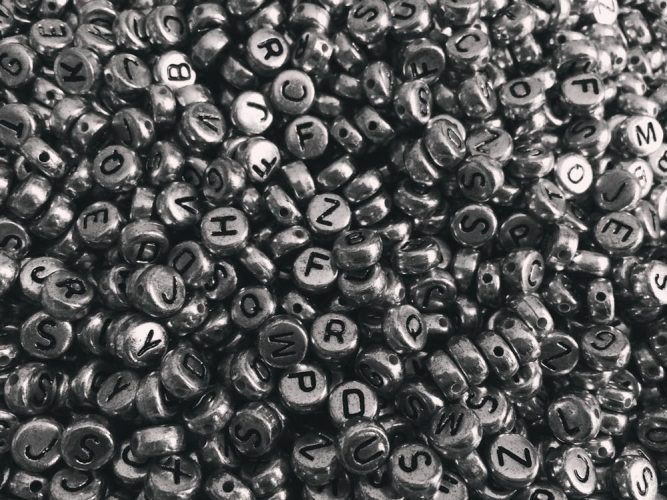5 Commonly Confused Words
We’ve all been there. You’re about to use a word and you realize that it has a very similar sound/spelling/meaning to another word, and suddenly you are confused about which one is correct. These are commonly confused words for everyone. It’s easy to mistake some of these word pairs, especially …










